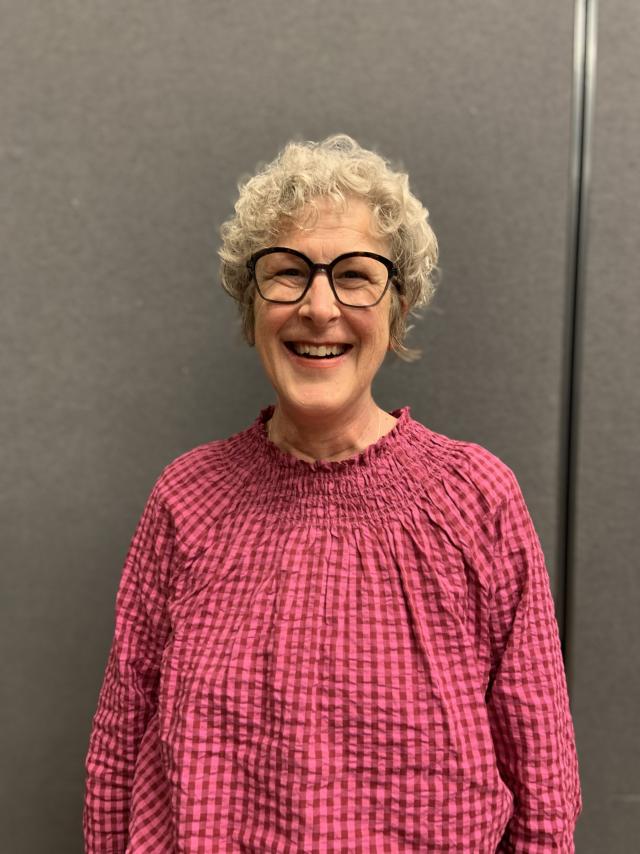World Breastfeeding Week runs from August 1 to 7. Ruth McKinnon from the Maternal and Child Health Leadership team at
Wyndham council tells Cade Lucas about its importance and her role as an MCH nurse.
How long have you been a Maternal Child Health nurse for?
I bring to my role 13 years of experience as a Maternal and Child Health
Nurse, 32 years as a midwife, and 15 years as a certified Lactation Consultant (IBCLC).
What do you love about what you do?
As a team, we take great pride in supporting families to be
responsive and caring in meeting the needs of their children by understanding the perspective of the child and keeping their best interests in mind.
What are some important tips new mothers could benefit from about breastfeeding?
When it comes to successful breastfeeding, I believe there are two essential factors to focus on:promoting skin-to-skin contact between mother and baby in the early days of life and avoiding the early use of formula and bottles while establishing a milk supply. These interventions are crucial in the early stages and can have long-lasting implications for both the availability of breast milk and the baby’s understanding of breastfeeding.
Is there anything about breastfeeding you wish more of the community understood?
I wish our community better understood the profound benefits of breastfeeding for both mother
and baby. Human milk is uniquely tailored to meet the specific needs of each baby, and the intimate connection formed during breastfeeding contributes to the baby feeling safe and connected. It’s also important to dispel the misconception that exclusive breastfeeding is the only worthwhile option. Any amount of breastfeeding has numerous advantages for babies, and even a small quantity of breastmilk is beneficial.
The theme for World Breastfeeding Week 2023 (Aug 1-7) is “Enabling Breastfeeding: Making a Difference for Working Parents”. What thoughts do you have on this topic?
It draws attention to the challenges faced by working mothers who wish to continue breastfeeding. Providing safe and private spaces for breastfeeding or expressing milk, along with storage facilities for expressed milk, can greatly assist breastfeeding mothers. Additionally, workplaces can encourage fathers or other care-giving partners to take leave to support partners during the early postnatal period or when mothers decide to return to work.
Is there anything people or workplaces in Wyndham could do to make a difference for working, breastfeeding parents?
The language, culture, and messaging within workplaces also play a vital role in shaping a
breastfeeding mother’s perspective about returning to work. A positive and supportive approach
from employers can create a nurturing environment for working mothers.
“For those looking to create a breastfeeding-friendly workplace, seeking help from the Australian
Breastfeeding Association (https://www.breastfeeding.asn.au/) is an excellent starting point.







